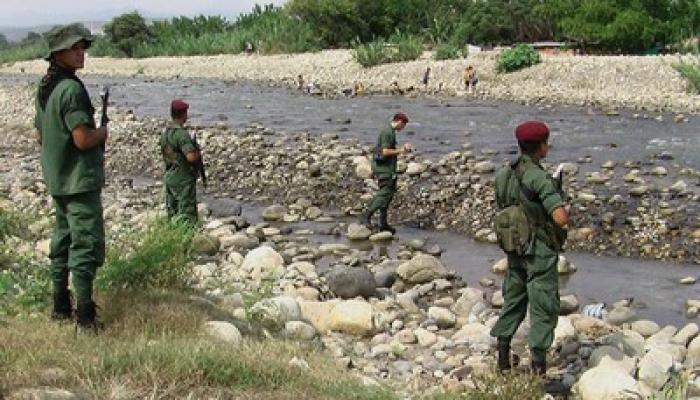Tegucigalpa, December 4 (teleSUR-RHC)-- Honduras and Guatemala will launch a joint military force along their common border to confront violent drug traffickers who are transporting illegal substances to the United States, announced the presidents of both countries Wednesday.
Both Central American nations, hit by violence from local and Mexican drug cartels have deployed the Chorti Task Force along the border region known as a key thruway for cocaine from South America.
The creation of the joint force was agreed in a meeting in the Honduran capital of Tegucigalpa between Honduran president Juan Orlando Hernandez and his Guatemalan counterpart Otto Perez Molina who have been combating the cartels separately up until now.
A report from the International Institute of Peace Research (SIPRI) reveals that in 2011, Central America and the Caribbean totaled $7 billion in military expenditures, a 2.7 percent increase from the year before. The third country with the highest increase in military spending was Guatemala with 7.1 percent since 2010. The biggest military investor was, however, the United States, with $711 billion in 2011.
While the corridor between Honduras and Guatemala was cited by the Brussels-based International Crisis Group as “one of the most dangerous places in Central America,” particularly along the border between the two countries, it is questionable if more military presence will make the region safer.
“Our region has transformed from a center of capital transactions and commerce to a zone controlled by organized crime, and the Sica countries (System of Central American Integration) support the idea of reproducing the same policies that failed in Colombia and Mexico. In these countries, the military solution did not resolve the problem, but has in fact increased the violence,” Jorge Coronado, member of the National Commission for Costa Rica told the Latin American Information agency in 2012.
“We are on the verge of an escalation in militarization and violence, opening the pathway to a regional war,” the Costa Rican expert explained.


